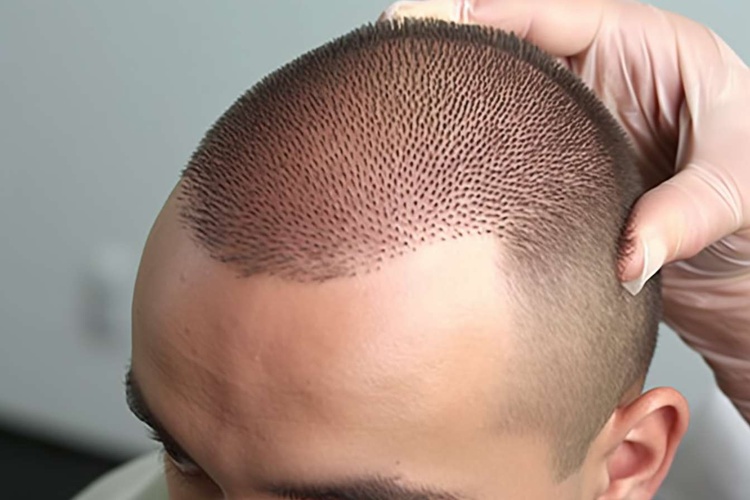Unveiling the Healing Potential of Mindful Breathing
In today's fast-paced world, stress and anxiety have become commonplace. However, a simple, age-old technique could be the key to finding calmness and clarity amidst the chaos. Enter mindful breathing - a practice deeply rooted in ancient wisdom and validated by modern science.

A Deep Dive into the History of Mindful Breathing
Mindful breathing, often associated with meditation and yoga, has a rich history dating back centuries. The practice originated in India, where early yogis discovered the power of the breath to calm the mind and enhance vitality. Over the years, it spread to various parts of the world, gaining scientific recognition for its impressive health benefits.
The Science of Breath and Well-being
Recent scientific studies have found that mindful breathing can lower blood pressure, enhance focus, reduce anxiety, and even improve sleep quality. These benefits arise from the practice’s ability to stimulate the vagus nerve, which plays a key role in regulating the body’s stress response.
The How-To’s of Mindful Breathing
While the concept of mindful breathing may seem simple, it’s a practice that requires focus and consistency. The basic technique involves taking slow, deep breaths, paying full attention to the rise and fall of the chest and the sensation of air entering and exiting the nostrils. One of the challenges is quieting the mind and maintaining focus solely on the breath. However, with practice, the process becomes easier and more beneficial.
Uncommon Wisdom: Breathe Your Way to Better Health
- Mindful breathing can be practiced anywhere, anytime - all you need is a quiet space and a few minutes of your time.
- While sitting is the most common posture for mindful breathing, it can also be done standing or lying down.
- For beginners, it might be helpful to start with guided audio instructions or join a meditation class that focuses on breath awareness.
- The practice is not about achieving a certain state, but about being present and non-judgmental towards whatever arises.
- Remember, consistency is key. Regular practice, even if it’s only for a few minutes a day, can lead to significant benefits over time.
Final Thoughts
Mindful breathing, an ancient practice backed by modern science, offers a simple yet powerful tool for enhancing our physical and mental well-being. In a world often clouded by stress and anxiety, the ability to find calm and clarity through the breath is indeed a gift. By incorporating mindful breathing into our daily routine, we can elevate our health and well-being, one breath at a time.




